Compostable To-Go Containers
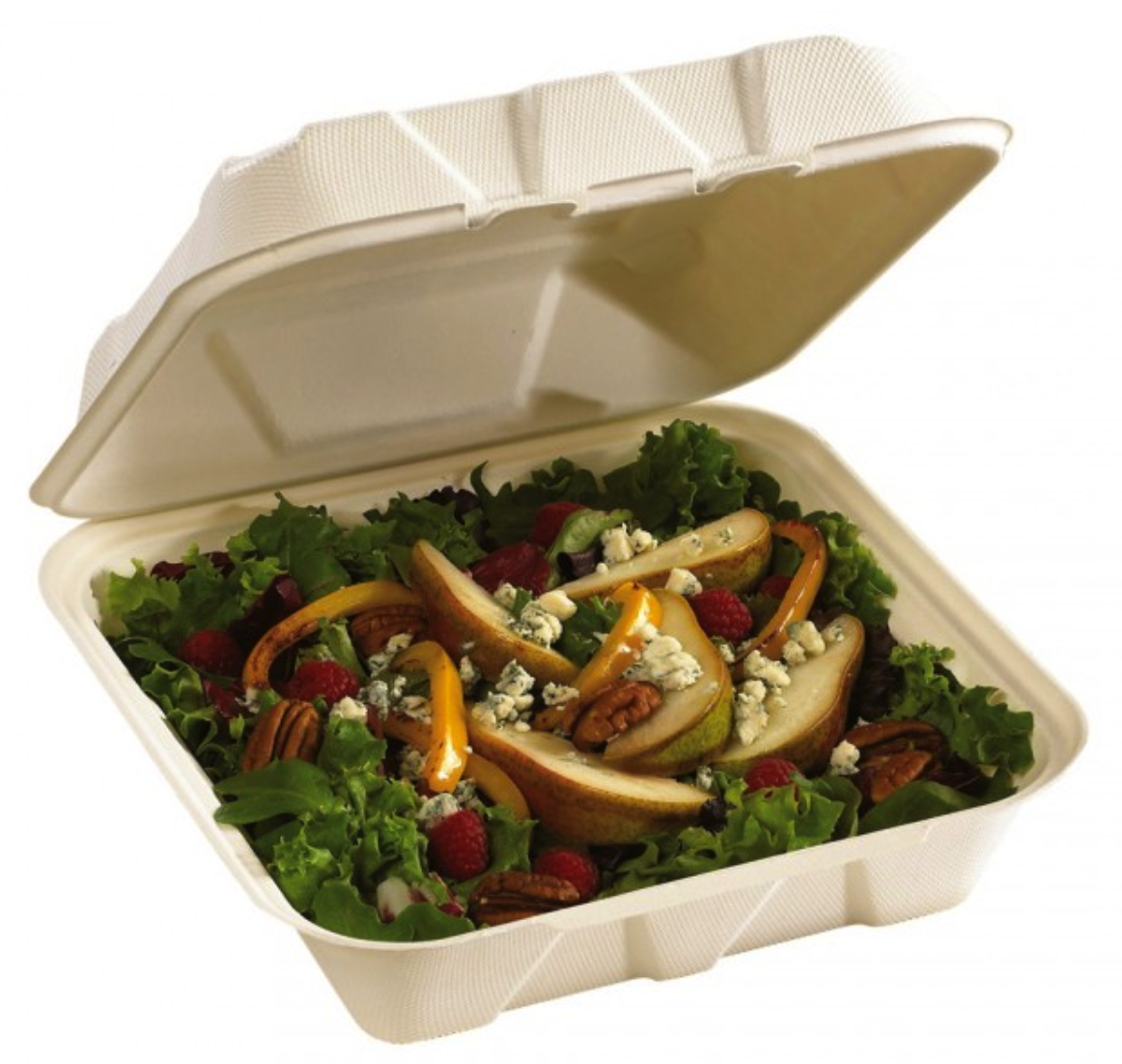
By Melanie Stewart
In 2016, the Student Senate from all four University of Nebraska campuses passed a Styrofoam Free resolution, representing student concerns about the use of Styrofoam on campus. The proposal was echoed by the many staff concerns about Styrofoam, especially in the dining areas.
Sodexo is officially replacing the Styrofoam to-go containers in the Nebraska, Clarkson, Fred and Pamela Buffett Cancer Center, and Bellevue Cafés with a compostable container.
While polystyrene (or Styrofoam) containers are financially inexpensive, their health and environmental costs far outweigh that of their paper or bio-based counterparts. Polystyrene is made from petroleum and contains chemicals that are known carcinogens. At the end of their one-time use, these containers go to the landfills, where they will take hundreds, if not thousands, of years to decompose. Historically, over 400,000 Styrofoam to-go containers have gone to the landfill every year from the Medical Center.
A month ago, a new, compostable, to-go container was piloted in both the Nebraska and Clarkson Cafés and feedback was collected via online and in-person survey. The feedback showed an overwhelmingly positive response, with the large majority of respondents satisfied or very satisfied with the new container. Due to the positive feedback, the pilot container was selected.
While the overwhelming majority of responses were positive, Sodexo recognizes that this is a change in the dining experience and will continue to be open to feedback on the new containers.
You will still see Styrofoam containers in the short term as purchased stock is used up. The vendors within the Cafés (Mein Bowl, Oh Oh Burrito, etc.) are also currently reviewing options to make the switch
Many have been asking about Styrofoam-free floor stock options, specifically cups for patient/visitors. This is currently being reviewed, as it impacts budgets that have already been set, and we will provide information as soon as it’s available.
The Medical Center will review options for reusable plates and silverware in early 2018.
Healthy, Sustainable, Holidays
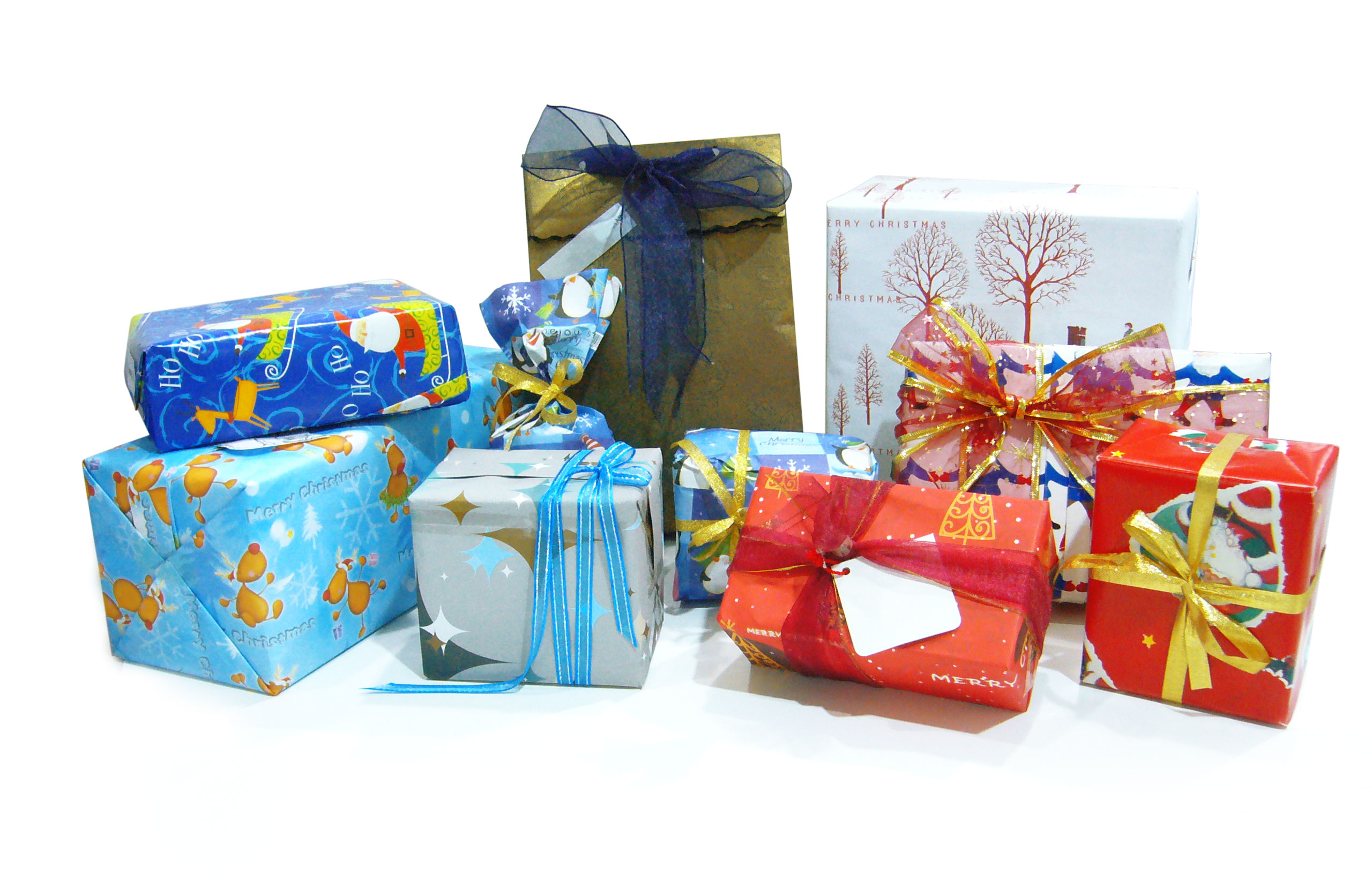
By Melanie Stewart
For the last two weeks we have talked about the connection between health and sustainability, both from a community perspective, as well as a personal one.
We didn’t have time in the last article to talk about consumption and stress…and what better time to talk about that than the holiday season?!?
So much of the holidays are focused on ‘things’ and subsequently the time it takes to shop for, transport, and wrap, those things. They can create a lot of waste; manufacturing, packaging, shipping, driving to the store, wrapping, and using, all while the useful life of items seems to be decreasing. For a quick look at this process, check out the “Story of Stuff”.
Instead, consider giving experiences (zoo membership, sporting even tickets, etc.) instead of physical items that will be used and/or forgotten. If you are looking for additional ways to save money, time, and reduce waste, read this.
Regardless of how you celebrate, you likely have more to do during this time of year. Don’t forget to take time to reduce stress. Exercise, yoga, and meditation are all great ways to reduce stress, and it can actually help you be more sustainable and meet your personal wellbeing goals.
One of the topics being brought up more frequently is mindfulness. This is often associated with meditation, but doesn’t have to be. While there are many variations on the definition, the Foundation for a Mindful Society broadly defines it as something every human already possesses: “the basic human ability to be fully present, aware of where we are and what we’re doing, and not overly reactive or overwhelmed by what’s going on around us.” That sounds good, right? (and almost anti-holiday!?!)
Mindfulness resources:
(Some of) the science and research of mindfulness
Side note, it takes practice, especially if you are accustomed to multitasking. Don’t get frustrated; practice makes perfect.
So what does stress reduction/mindfulness have to do with sustainability? Being mindful, that fully present awareness, means we make better choices because we are choosing things purposefully, not mindlessly or because of emotion. This can reduce consumption, everything from that impulse-buy to your 3rd piece of pie. Reduced consumption decreases waste/helps the environment, saves your money for the things you actually need, and most importantly can keep you healthier.
photo credit: freeimages.com/xxlawrence
Sustainability and Personal Wellbeing
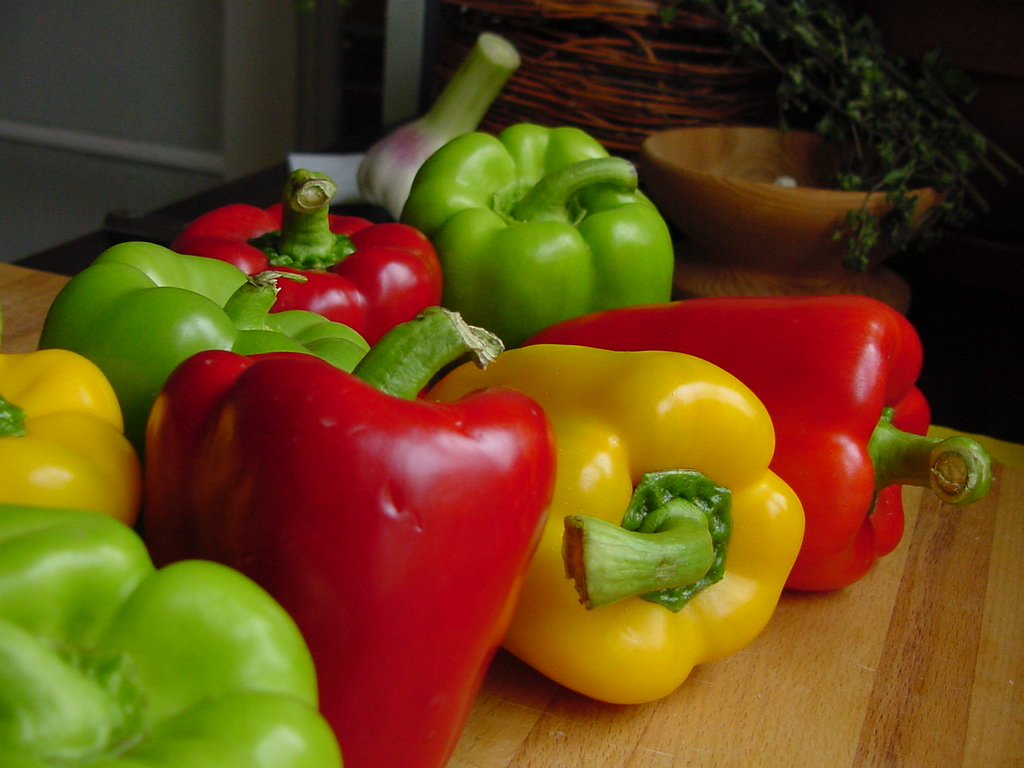
By Melanie Stewart
Last week we talked about the connection between sustainability and healthcare—why Nebraska Medicine & UNMC spend time on sustainability. As some of you have noted, “That’s great, but what about me?”
Last week I had the privilege of being a panelist at WELLCOM’s symposium on sustainability and wellness. We spent most of the day talking about just that.
First, sustainability involves safety, health, and welfare for individuals, and is a one of the seven dimensions of wellness and part of EMPOWER your wellbeing.
Second, sustainability does not have to be something that is an add-on…it’s not necessarily something extra you have to do.
When we discuss sustainability it’s very easy to imagine a non-sustainable world and future, and it’s not too pretty. Instead, imagine a sustainable future. What does that look like for you and your family?
If I was going to guess, the picture that just popped into your head makes you smile. You are likely to be in a place that makes you happy, doing something you enjoy, with the people you love. The people you picture are likely happy too; not ill, suffering, or stressed, and the backdrop is probably clean…most of us don’t picture trash blowing down the street, or smog.
When you make decisions, keep that vision in mind. Don’t get that confused with perfection or start to compare to others–your picture of a sustainable future is yours. You can make intentional decisions that can help you reach that picture in your head, and in doing so, you are likely making healthy and sustainable choices.
For example, in order to be healthy you may be trying to eat more veggies and drink more water; healthy for you and the environment. You may be trying to reduce indoor toxins by cleaning with fewer chemicals, or saving gas by running errands all at once; again, better for you and the environment. Recycling prevents toxins from entering the water we drink; using active transportation increases activity and reduces pollution; using less plastic reduces crude oil drilling… the list goes on.
Making a healthy choice for yourself almost always leads to a more sustainable future. Feel good about the steps you have already taken and gradually add more. That picture in your head is a great place to start, why not strive to achieve it?
photo credit: freeimages.com/luntzer
Sustainability and Healthcare
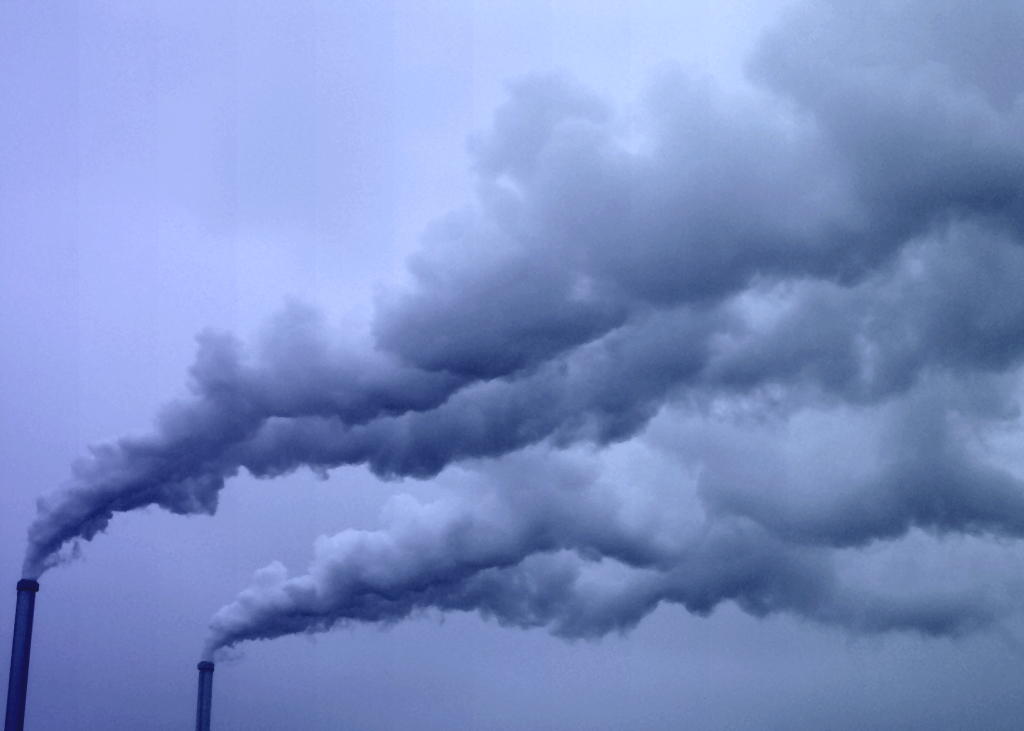
With all of the changes taking place on campus, the emphasis on budgets, and the efforts to work together more, some have asked why we are spending time on sustainability. Why do we care about being “green”? Don’t we have other things to worry about or focus on (like patients?) rather than saving the rainforest?
Good question.
Answer: No. Well, yes. Let me clarify.
We aren’t spending direct time/money saving the rainforests or endangered species of your choice. We are spending time improving the environment we live in, because that’s directly related to our health. Our mission is “to lead the world in transforming lives to create a healthy future for all individuals and communities… “; being sustainable meets that mission. We are part of an ecosystem, and our health is directly related to that ecosystem.
We know that when air quality is poor, ER visits for asthma and lung ailments go up. We know that when it’s exceedingly hot out, vulnerable populations are at risk of dying. We know that temperature changes affect disease transmission, especially those carried by insects and parasites. Two years ago most of us hadn’t heard of the ‘tropical’ Zika virus, and now it’s affecting children in our state.
While the connection between climate, the environment, and health has been known for a while (see box on side, for local information) last week that connection was amplified with a landmark article in the internationally respected scientific journal, The Lancet.
The Lancet’s article was a collaboration between 24 academic institutions and government organizations in a wide range of focus areas. They call this the “greatest global health opportunity of the 21st century” and note that inaction, including a slow response will lead to “irreversible and unacceptable cost to human health.”
“Highlights” include but are not limited to:
- Decrease in crop yields, and nutrient levels in those crops
- Increase in acute kidney injury and cardiovascular events
- Increased occurrence and mortality in both communicable (virus) and non-communicable (cancer) diseases
- Decrease in outdoor labor capacity
- Overall decrease in wellbeing; combination of health, stress, stability
Scary stuff. But that is why Nebraska Medicine and UNMC work to be sustainable. That is why we are leading the way, working to be Net Zero Emissions, Net Zero Waste, and reduce our water use by 54% all by 2030, while increasing active transportation. Preventive or acute care, it’s all about health.
For more information, see these resources:
Dr. Khan’s presentation on Climate Change and Health
Dr. Donald Wilhite’s presentation on Climate Change Implications for Nebraska
UNL’s Report: Understanding and Assessing Climate Change, Implications for Nebraska
UNL’s Summary Report from Roundtable Discussions
Dr. Khan’s (and others) Roundtable video presentations
Mulch much?
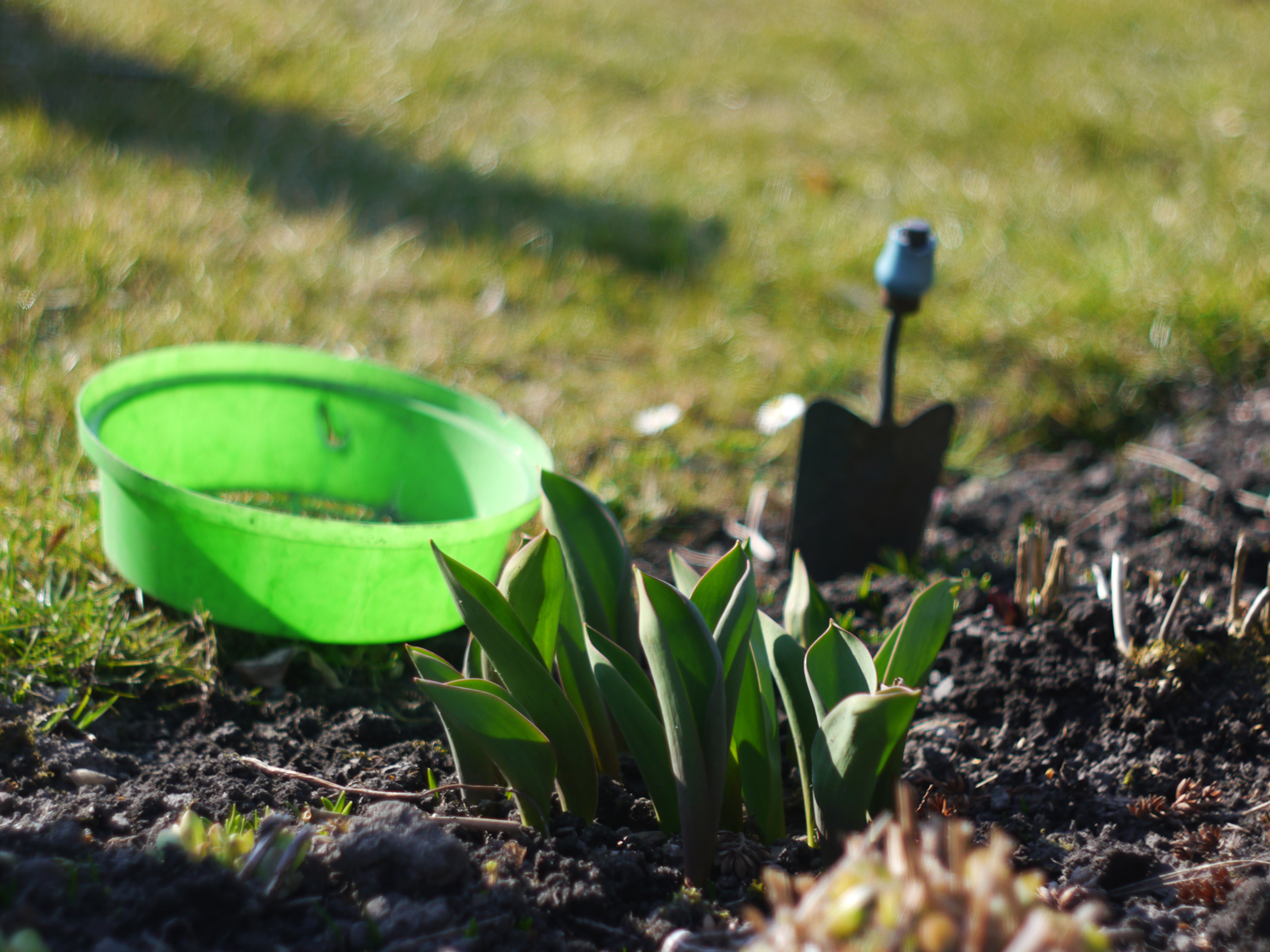
By Anne Rivas
photo credit: freeimages.com/doratakasia
I live in a neighborhood where people have huge mounds of wood mulch delivered. I planned to mulch this spring, to keep the weeds down and preserve moisture in the soil, but mainly to make my gardens look like everyone else’s.
I didn’t get around to it, and now I’m glad.
Read this for a breakdown of commercial wood mulches, it’s eye opening.
I usually cover my gardens in the fall with a mixture of shredded leaves and grass clippings – every other mowing or so after the leaves start to fall, I bag the clippings and dump them on my gardens. It turns out that this is probably the best thing to do, and you can dig leaves directly into annual and vegetable beds in the fall. Half of the time I don’t bag the clippings, leaving them to enrich the soil.
If a little is good, is more better? Not when it comes to mulch. For one thing, deep layers of mulch – more than 4 inches – are not good for trees with surface roots. For another, mulch piled up against tree trunks provides shelter to rodents while they eat the tree bark…which is weaker and prone to infection because of the mulch. Similarly, mulch against your house foundation will draw rodents, and if you have a tiny crack in the foundation, the little darlings will come inside to enjoy your hospitality.
I start each spring and fall with big plans. This fall I will spread an inch or so of compost on all of my gardens, including around shrubs and trees. Then I’ll spread a mixture of grass clippings and leaves. I will leave some space between plants and mulch, because I have voles (still!) who might tunnel under the cover and feast on bark this winter. I’ll do the same in my perennial gardens, keeping a little distance between the mulch and the perennial crowns to avoid rot. I might do a modified lasagna – of compost, newspaper, and then shredded leaves and grass clippings to feed the soil, encourage earthworms, and discourage weeds.
So, if I’m spreading compost why do I need mulch? Mulch keeps the soil warm longer, encourages worm activity, and my compost contains some weed seeds that the layer of mulch will help to discourage from sprouting next spring.
This fall my dream may actually come true, because I will have both free time and help.
Sustainability Survey Winners
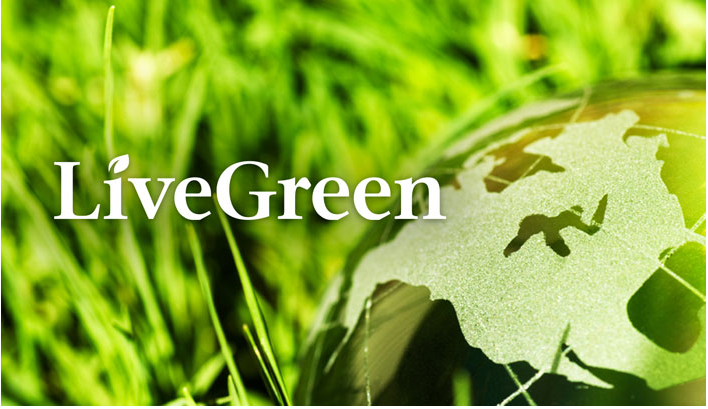
Thank you to the thousands of colleagues and students that recently completed the Sustainability Survey! We appreciate you taking the time to provide us with your honest answers.
The data we collected are currently being compiled and will provide us with a new sustainability engagement score as well as with transportation mode split information; both of which are sustainability master plan goals. We’ll report those numbers as soon as we can. The other information collected will help to inform us on upcoming projects, communication methods, and goals.
I also appreciate the numerous comments that so many of you left in the survey. There were many great ideas, and a lot of helpful feedback, that will help us as we move forward. We are as excited and invested in working on these projects as you are—we just can’t do it all at once. As we work through the data we’ll answer your questions through your Live Green Ambassadors, future stories on this website, and updates posted on the LiveGreen website.
For example, many of you wondered about replacing paper towels with air dryers in restrooms. Infection Control guidelines do not allow for recycled air so paper towels must be used. In places where patient care is not an issue, we still need to be mindful of who may be using the dryers. In many cases the necessary electrical infrastructure is not in place, making air dryers cost prohibitive. That said, it may still be something to consider for future spaces and remodeled areas.
If at any time you have a question, concern, or additional feedback to provide, please feel free to email LiveGreen@unmc.edu . I’m happy to respond to any type of request, including constructive criticism, and, while it’s not anonymous, it does give you an answer while allowing me to ask follow-up questions.
We wish we could give a gift certificate to everyone who participated, but since we can’t, please congratulate the three lucky people who won this time around:
Matthew Dorwart, Student, Medicine
Nicole Smith, Medical Technology Core Lab
Chris Jensen, Assistant Professor, Family Medicine
Winners were selected by a third party, using a random number generator.
Zip – Gone!
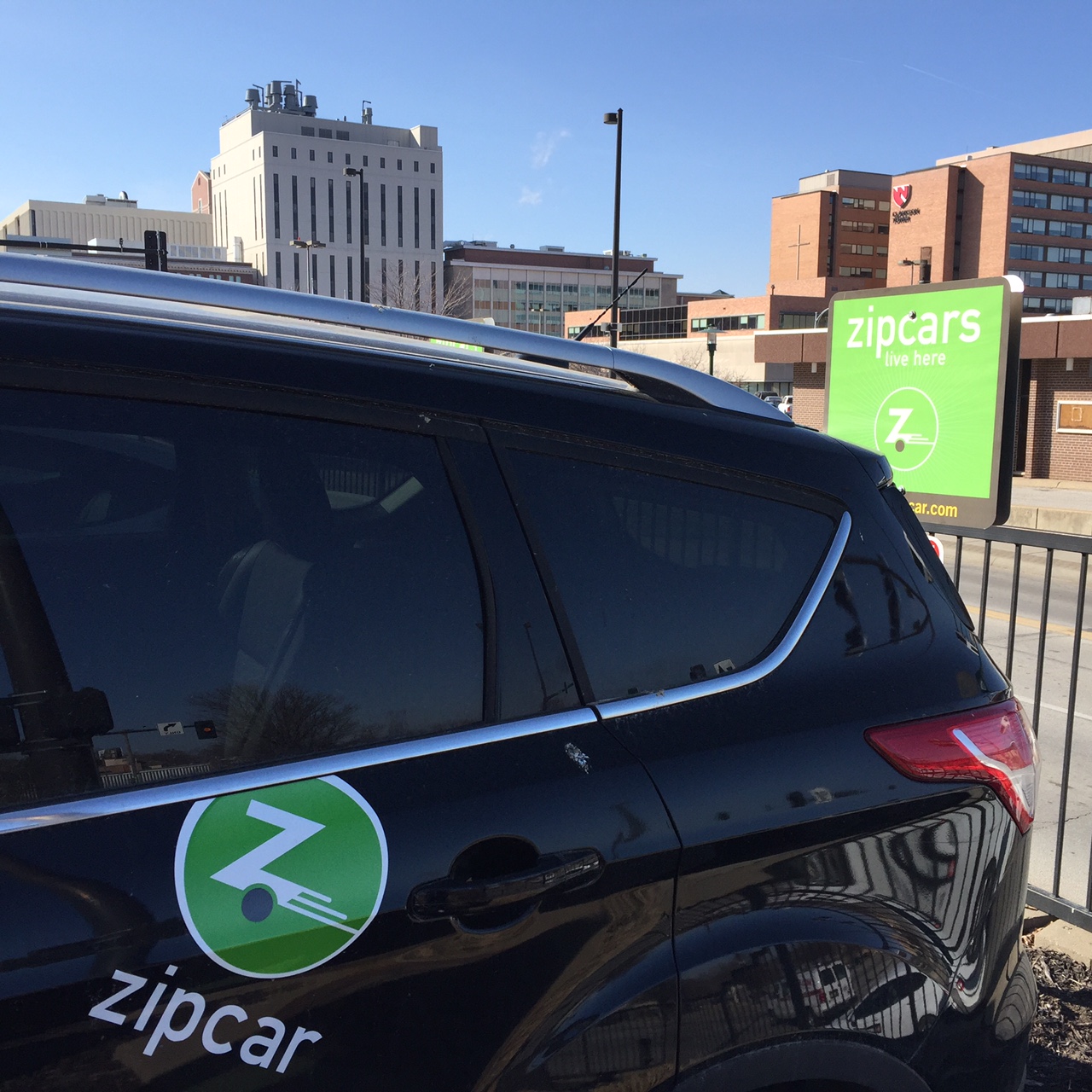
UNMC/Nebraska Medical Center and the University of Nebraska at Omaha have ended their contracts with Zipcar, and there are no longer any Zipcars located on our campus or at UNO. We apologize for the short notice and any inconvenience this may cause you. Our original intent was to provide a way for colleagues, students, patient families, and visitors to travel to and from campus if they didn’t have a car here.
Creighton appears to still be using Zipcar, and individuals are welcome to make their own decisions regarding their Zipcar membership. While UNMC/Nebraska Medicine has no plans to bring Zipcars back, it is pursuing other options to fill that gap.
We have removed all Zipcar information from the TravelSmart website, and we ask that, to avoid confusion, you recycle any Zipcar promotional information you may have.
Everybody’s Got One

We would like your input!
If you haven’t done so already, please complete UNMC and Nebraska Medicine’s brief Sustainability Survey by October 8th.
This anonymous survey takes roughly 8-10 minutes to complete and inquires about your experiences and opinions regarding sustainability efforts at UNMC & Nebraska Medicine (i.e., actions and decisions that are environmentally, socially, and financially responsible, which benefit present and future generations).
Your valuable input will help assess current efforts and help us effectively plan for the future.
After finishing the sustainability survey, you will be directed to a separate survey where you can enter your name into a drawing for a $50 Amazon Gift Card.
This second survey will also help us to measure participation in the TravelSmart program, so if you ever bike, bus, walk, or carpool to campus, please take the survey to let us know.
We will provide an update on the results of this survey and will let you know when our Sustainability Master Plan update comes out. Most metrics are updated quarterly and can be found in the box on the front page of the LiveGreen website.
If you have any questions, comments, or concerns that you would like dealt with directly, please email livegreen@unmc.edu
Don’t forget, we are piloting new containers in the Nebraska, Clarkson, and Buffett Cancer Center Cafés through this Friday the 6th. If you have used one of the new compostable containers, please provide us with your feedback here.
Going Styrofoam Free

In 2016, the Student Senate from all four University of Nebraska campuses passed a Styrofoam Free resolution, representing student concerns about the use of Styrofoam on campus. The proposal echoes concerns voiced by many colleagues in both UNMC and Nebraska Medicine, about Styrofoam in the dining areas.
This week we kick-start the initiative by piloting new, compostable to-go containers in the Nebraska, Clarkson, and Buffett Cancer Center Cafés.
While polystyrene (or Styrofoam) containers are financially inexpensive, their health and environmental costs far outweigh those of their paper or bio-based counterparts. Polystyrene is petroleum-based and contains chemicals that are known carcinogens. At the end of their one-time use, these containers go to the landfills, where they will take thousands of years to decompose, if they decompose at all. UNMC and Nebraska Medicine are sending over 400,000 Styrofoam to-go containers go to the landfill every year from our cafeterias. This does not include Bellevue, lunch vendors, or special events.
The new to-go containers are compostable, made from paper pulp and fibers. Not only are these materials more environmentally friendly, they are compostable, and therefore essential to the campus’ 2030 Zero Waste goal.
We encourage you to head to the Nebraska and Clarkson Cafés to try the new containers. Take the online survey to provide feedback and/or Sustainability Office representatives will conduct onsite surveys in the cafeterias on Friday, October 6th. If the pilot is successful, the new to-go containers could soon be implemented campus-wide.
Time to Pay the Pie-per
As predicted, it was another hot and humid summer forcing the campus into “energy curtailment” for numerous days. July was particularly brutal as we saw heat indexes hit the 115 degree mark and there were only 3 business days where we weren’t in curtailment.
The upside to this weather is that it gave colleagues and students plenty of opportunities to demonstrate energy saving actions and vote to pie a campus leader invested in sustainability.
While curtailment actions can seem insignificant, they really add up! What seems like turning off just one light, closing one window shade, or one trip up the stairs instead of taking the elevator, is magnified when many people perform those actions on a campus of this size. We know we can’t meet our energy goals without your help so we appreciate you taking the time to do these simple tasks.
In addition to the weather, we also opened 3 new buildings in the past year which are fully occupied and using energy as well, so we knew it was going to be tough. The personnel in the utility plant and energy group worked hard to keep the systems efficient and operational and you were great at performing those small actions this summer, thank you!
While performing those actions you also had the opportunity to vote for a member of the Executive Sustainability Council to pie, and a chance to be the pie thrower. Summer is winding down so it’s time to settle up:




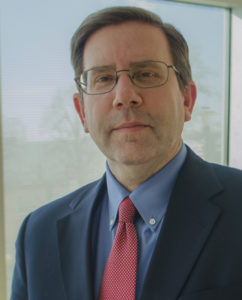
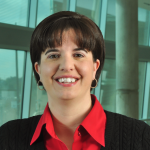
Who: Ken Hansen, Dr. Ali Khan, Paul Baltes, Frank Venuto, Bill Lawlor, and Melanie Stewart
What: Are getting pied in the face by some energy conserving colleagues
When: Friday, September 29th at 12pm
Where: Michael Sorrell Center green space (by the ice rink)
Why: To celebrate your efforts in saving energy and resources and have fun!
We hope you come celebrate with us. Bring your lunch, enjoy the (hopefully fall-like) weather on a Friday, and get a good laugh in. We’ll be out there rain or shine.
